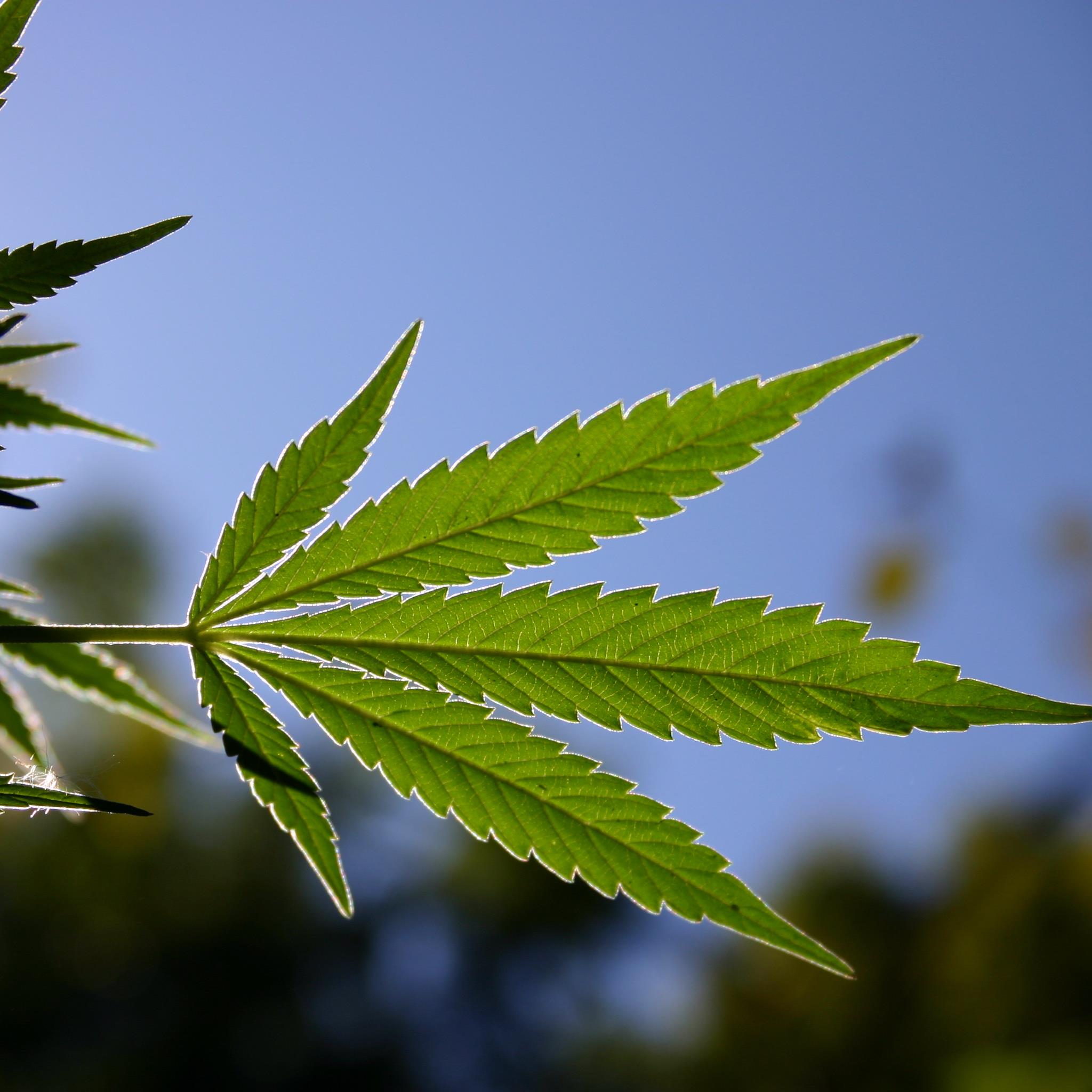
Democratic Presidential candidate Bernie Sanders told a town hall meeting in Virginia that was also broadcast to 300 college campuses that the federal government should remove marijuana from its list of most dangerous drugs. The U.S. Drug Enforcement Agency maintains a schedule of five rankings to regulate dangerous drugs, and marijuana is a Schedule I drug in the same class as heroin, ecstasy, and LSD. Cocaine and meth are Schedule II drugs.
Removing marijuana’s Schedule I classification is not the same as legalizing it. But if marijuana were removed from the DEA’s listing altogether, states would be able to legalize the drug with no federal interference.
There is another benefit according to Sanders:
Too many Americans have seen their lives destroyed because they have criminal records as a result of marijuana use. That’s wrong. That has got to change.
Another benefit of removing marijuana from its current classification is that the move would allow more research on the plant’s medicinal value.
Here are other important news stories for the week.
Growing Concerns: Marijuana Industry Hit with Its First Ever Product Liability Lawsuit
The cannabis industry is taking a hit. The nation’s first cannabis product liability lawsuit was filed in Colorado and challenges the cannabis industry’s production process.
Flores v. LivWell Inc., was filed by two marijuana users alleging that the fungicide Eagle 20 was intentionally applied to thousands of marijuana plants at a Denver facility. Plaintiffs Brandan Flores and Brandie Larrabee are seeking class-action status contending that LivWell Inc. (LivWell), one of the largest cannabis growers in the state of Colorado, sold marijuana sprayed with Eagle 20 to medical and recreational customers without adequately warning consumers of the risks associated with Eagle 20. Neither plaintiff alleges they were sickened from ingesting marijuana they purchased at LivWell.
Eagle 20 is a petroleum-based fungicide used to kill mites and pests that flock to plants. It also allegedly contains a chemical called Myclobutanil that, when heated, breaks down into hydrogen cyanide, a known poison. Eagle 20 is approved for vegetation that is not inhaled, but has been banned by the Colorado Department of Agriculture for use on plants like tobacco because of its propensity to release toxic fumes when it is burned. Federal law does not specifically allow any pesticide to be used on marijuana.
Read more at The National Law Review.
Marijuana Impact Assessment Council Council Discusses Revenues Costs of Medical Marijuana
Members of [Wyoming] Gov.Matt Mead’s Marijuana Impact Assessment Council met Friday morning to give updates on their investigation into how legalizing the drug could affect the state.
Meeting at the Herschler Building in Cheyenne, council members gave reports from each of six subcommittees considering marijuana’s impact on different aspects of the state, including education, health, criminal justice and revenue.
Perhaps the most compelling points came from Dan Noble, director of the Wyoming Department of Revenue. Noble conceded that it is difficult to properly assess the impact of legal marijuana on Wyoming’s revenue forecasts, particularly as it pertains to medical marijuana.
As a baseline, Noble calculated revenues using an average retail price of $160 per ounce and an estimated 10,000 medical marijuana patients in Wyoming smoking two pot cigarettes a day. Based on that, he said, about 120,000 ounces would be consumed each year, amounting to $19 million in gross revenue.
“The sales tax on that, if that was all that was allowed to be assessed, would be a little over $1 million, of which the state would get $540,000,” Noble said.
Read more at Wyoming News.
Philanthropy in Marijuana Industry Finding Larger Acceptance
One marijuana business hosts an annual golf tournament in Denver to raise money for multiple sclerosis research. Another Colorado pot company donates to a gay-rights advocacy group and is a sponsor of an AIDS walk.
As marijuana legalization matures, businesses are becoming more ingrained in their communities by donating cash and time to charities — a sign that the stigma of selling a drug that remains illegal under federal law may be fading.
“It’s not all about making money and about profiting,” said Ean Seeb, co-owner of Denver Relief, a dispensary whose monetary and volunteering donations include Ekar Farm and Garden, which grows vegetables for food banks.
It’s unknown how much money marijuana businesses have donated to nonprofits nationally and in Colorado.
Read more at The Cannabist.
Control Marijuana ‘Invasion,’ Detroiters Tell Planners
Concerned Detroiters spoke out against medical marijuana shops at a public hearing Thursday night and pleaded with city officials to implement new regulations to stifle the industry’s growth.
“There’s some way we have to control it because this is like an invasion,” longtime Detroit resident Nancy Bitzarakis said at the hearing.
Bitzarakis was among several residents who spoke at the city Planning Commission’s hearing at a near-capacity city hall auditorium, with most supporting a crackdown on the marijuana dispensaries. Residents described an ever-increasing number of dispensaries opening up near their neighborhoods, inviting undesirable activities — people smoking joints in parking lots, for example — and an atmosphere damaging to children.
Several marijuana advocates also attended the meeting to remind city officials about the substance’s medical benefits.
Read more at the Detroit Free Press.
Cash Back Credit Cards Have Never Been This Good
Credit card companies are at war, handing out free rewards and benefits to win the best customers. A good cash back card can be worth thousands of dollars a year in free money, not to mention other perks like travel, insurance, and access to fancy lounges. See our top picks for the best credit cards today. You won’t want to miss some of these offers.
Flywheel Publishing has partnered with CardRatings for our coverage of credit card products. Flywheel Publishing and CardRatings may receive a commission from card issuers.
Thank you for reading! Have some feedback for us?
Contact the 24/7 Wall St. editorial team.



